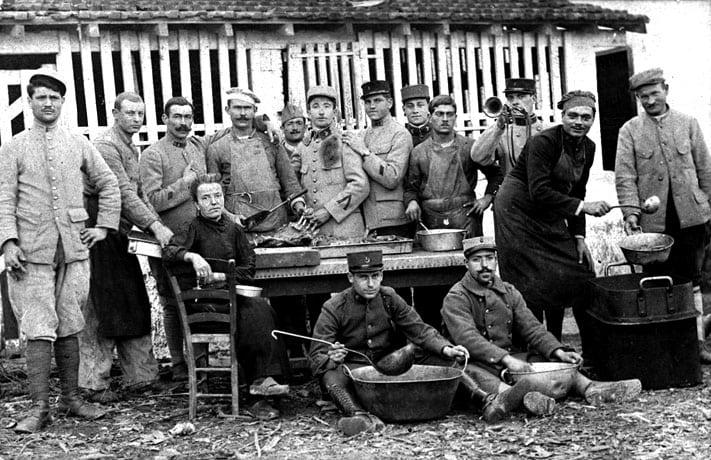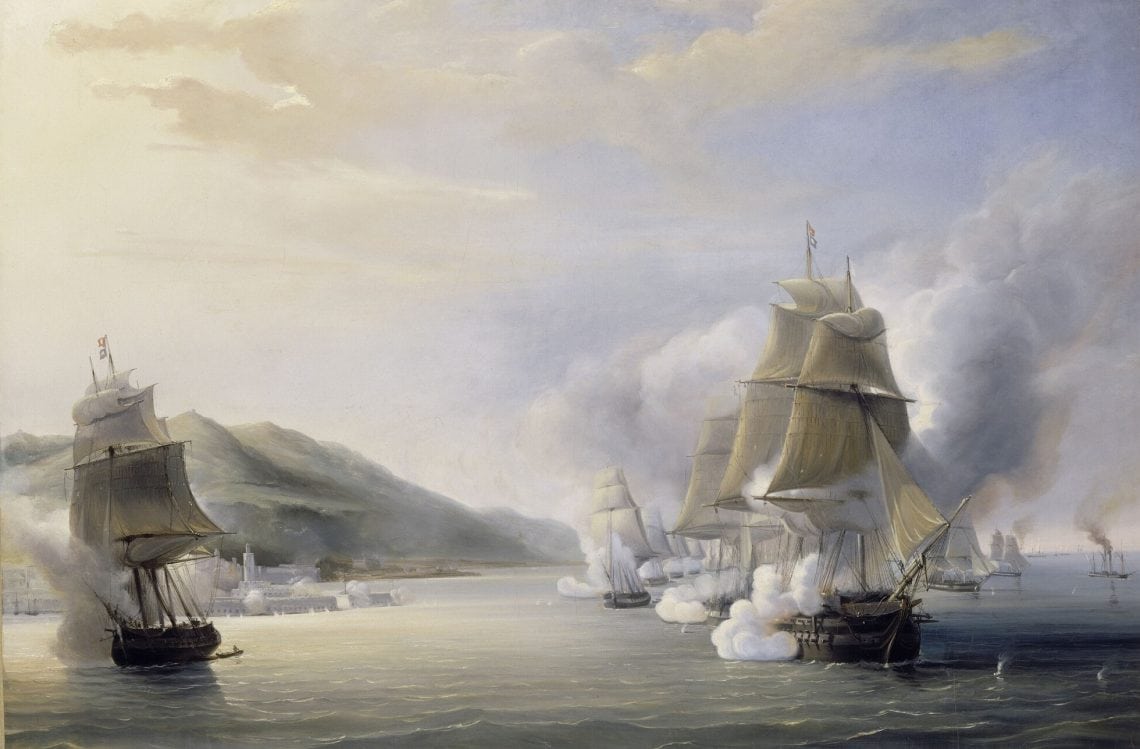Anti-Semites, the people who brought us The Protocols of the Elders of Zion and the belief that any evil is caused by Jewish fortune, would probably rejoice at knowing that while the English branch of the Rothschild family funded the English wars against Napoleon in early 19th century, two wealthy Jewish families from Algeria supported Napoleon in his wars against the English. These guys would probably say: “well, Jewish money sticks to yet some more Jewish money”.
The French occupation of Algeria lasted for 130 years and we all know how it ended, from dozens of periodical works: tens of thousands of lives lost, eight years of bloody war, and the declaration by Charles de Gaulle on the liberation of Algeria from France, on July 1 1962. But how did it all begin? Spoiler alert: this story contains a fly, a hand fan, and money, lots of money.
At the end of the 19th century, the Ottoman Empire ruled large portions of the Muslim world, including Algeria. The Ottoman administration used to appoint local rulers in each protectorate, and Hussein Dey was appointed as ruler of the regency of Algeria (Dey was a title of the Ottoman Empire to rulers of Tunisia and Algeria).

The crucial date in this story was April 30 1827. On that day, consuls and diplomats were gathered for an official assembly held in the palace of Hussein Dey in Algiers. One of them was Pierre Deval, the French consul. The meeting was held in the midst of a harsh conflict between France and Algeria, over a huge French debt since 30 years earlier. During the party, Hussein Dey could keep silent no more, and defiantly asked Deval when his country was intending on paying the debt.
Let’s hold the scene now, in order to explain how Jews were related to the debt’s origin. During the 17th century hundreds of wealthy Jewish immigrants came to northern Algeria from Livorno, Italy, in search after financial opportunities. They were merchants, descendants of Jews expelled from Spain, settled in Northern Africa and soon became a central factor in international commerce between Algeria and Europe. Two of the most prominent families from the Jewish Italians were the Bacry family and the Boujanah family, who merged by the end of the 18th century and formed a large corporation which had exclusive monopoly over the export of goods to Europe, especial wheat.
At that time, Napoleon Bonaparte embarked on his never ending campaigns and conquests, and produced the famous quote “an army marches on its stomach”, therefore he was always looking for regular supply of wheat for his hungry soldiers. The Bacrys and the Boujanahs were willing to join the war effort and Napoleon hired them as wheat suppliers of the army. But as the wars expanded, Napoleon started to run out of funds. At some point they failed to deliver the amounts of wheat, and turned to Hussein to allow the French some credit. And so, the French growing debt was endorsed from the Jewish businessmen to the Algerian ruler. Years passed, Napoleon died, but the debt was never paid off.
Back to the scene in Hussein Dey’s palace now: Hussein asked Deval about the debt that was listed high on the agenda of the two states for three decades, with lots of excuses made, and none payments transferred. The local ruler was starting to feel humiliated by the foreign consul, who dared to mock him at his home court. As the Frenchman replied that to his knowledge there was no advancement with regard to the debt, Hussein lost his temper and hit him in the face with a hand fan he was holding. A more restrained diplomatic version of the story suggests that he was just aiming at an annoying fly, accidentally hitting the consul’s face.

From that moment on, they were all on the fast track down the March of Folly. The French demanded that Hussein apologized. He refused. France declared a blockade on the sultanate. Then the French insisted on sending a representative to the capital Algiers, and the respond was cannon barrages on the French ships. Charles X King of France, who was in the midst of election rush, could not forgive the disrespect – and invaded Algeria. And the rest is all too familiar, bleeding history.
Had Hussein Dey anticipate the results of his hand fan’s strike, perhaps he would have tried other solutions to the debt issue. Fortunately, though, history is not told by reasonable men, but rather by impulsive unexpected leaders.
So what are we to conclude here? Well, that depends who you’re asking. The French will probably be very surprised to hear that their past leaders declared a war over “national respect”; The Algerians may argue that sometimes it is better take a breath, get some cold water and count to 10 before acting; and the Jews? It doesn’t matter, we’re already used to being blamed for everything.
(Translated from Hebrew by Danna Paz Prins)